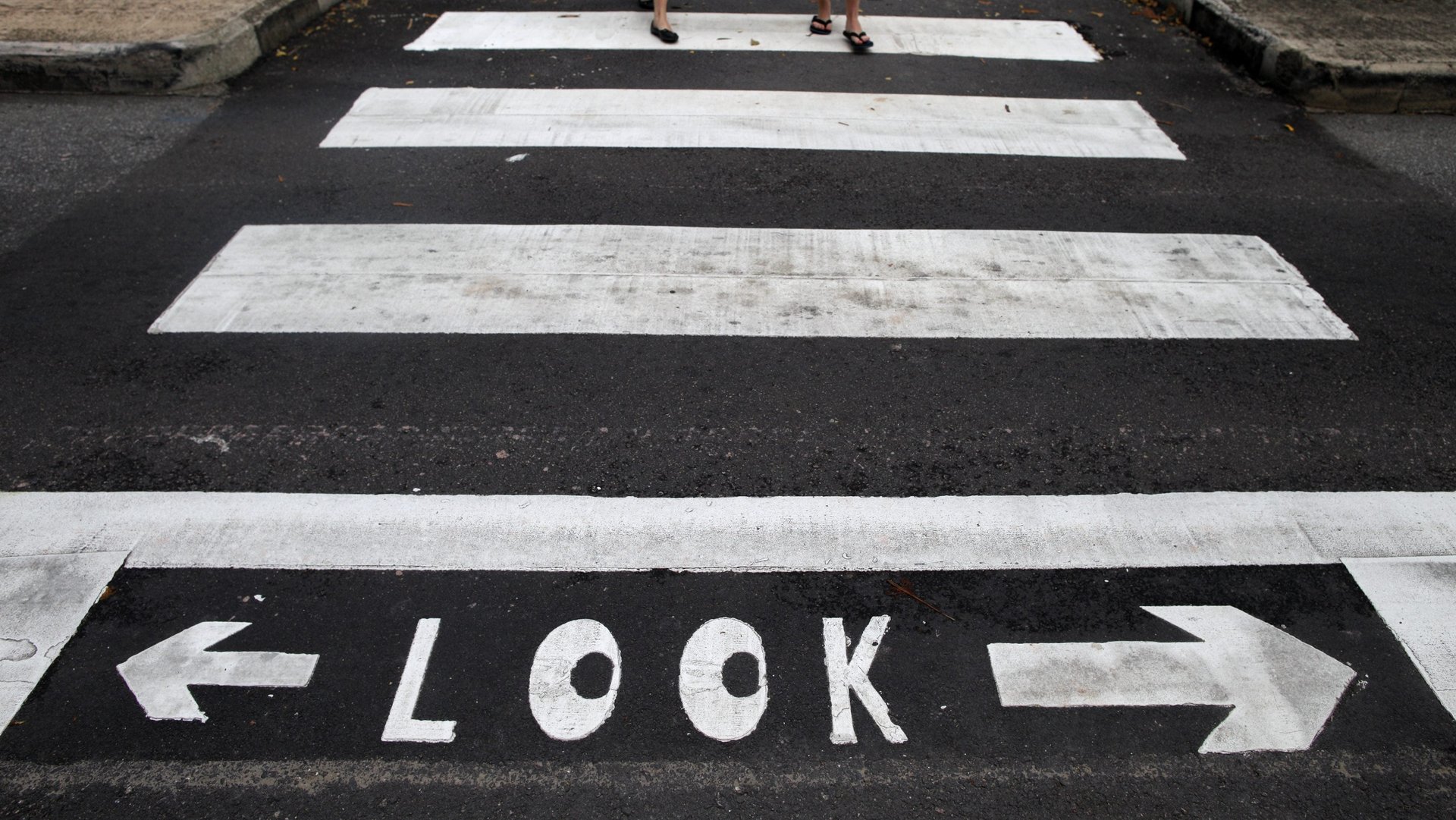Having cancer taught me how to make decisions
I was 34 years old when a colonoscopy revealed a cancerous tumor the size of a golf ball in my lower bowel.


I was 34 years old when a colonoscopy revealed a cancerous tumor the size of a golf ball in my lower bowel.
The surgeon clearly described the treatment approach. Six weeks of radiotherapy to shrink the tumor and then an operation to effectively remove my back end and seal it over with skin grafted from my leg. I would poop for the rest of my life into a colostomy bag through an opening in my stomach called a stoma. “Don’t worry” said the surgeon, “there are professional soccer players running around wearing them.”
This is the point in a medical diagnosis at which many people stop asking questions. Ask most doctors, and they will tell you that roughly two-thirds of patients don’t want to know the details of their diagnosis and treatment. Considering how scary it is to be faced with a word like “cancer,” this is understandable. But the logic that “you are the expert, just get me better!” is frightening when you consider that in 2016, according to one study, there were 251,254 deaths in the US attributed to medical error.
“Are there any other options” I asked? “No, there’s not a surgeon in the land who would perform any other operation,” he replied resoundingly. I left the consultation contemplating the downside of a life with a colostomy bag.
That could have been it. It was a good outcome—I would live—but involved carrying around a bag of my own excrement.
Perhaps it was my background as a consultant that led me to further inquiry.
Sure enough, after seeking another opinion, a second doctor proposed a more progressive treatment approach.
Two years of treatment later, and admittedly a large amount of luck, I am cancer and colostomy bag free. A different medical team with a different surgeon performing a different operation removed the tumor and reconnected my bowel without recourse to the original option.
I often think about how this would have been different had I not questioned the expert who initially diagnosed my cancer. It has made me understand the importance of questioning experts in other areas of my life.
The tendency to always trust experts comes down to cognitive biases we all share. To the detriment of the outcome, an at the farthest end of the scale, and doctors, with the control over life and death that they have, can be the worst. It’s not just doctors though. Business leaders, politicians, generals and anyone else in a position of influence can suffer from a lack of humility and inflated sense of believe that their opinion is the right one.
My own decision-making framework is now far more sophisticated than that which I used when I was ill. It includes identifying all available options, seeking disconfirming information, talking to believable people, triangulating information, and maintaining an open mind and available course on outcomes.
In his recent book Principles, Ray Dalio, outlines another framework for decision-making. He says he tries to triangulate with experts (“highly believable people”) who are “willing to have thoughtful disagreements.”
When you take a single expert’s advice at face value—whether it be on a medical decision or your company’s next move—you defer hard decisions to someone else. Instead, I’d encourage you to have the courage, conviction and confidence to make up your own mind based on all available information and filtered accordingly.
Even with my new medical team, after a six-hour operation to remove my tumor, there was a major question about the margin, and no one could be sure whether the cancer was fully out my body. The surgeon suggested that I have another operation, but the oncologist disagreed. The consequences of getting the decision wrong were potentially fatal, as any remaining cancer could spread through my body.
Although it led me to a breakdown, I tried to remain as rational as possible, consulted widely, and decided not to have another operation. Three years later, that decision appears to have been verified. As I learned, medicine—like most disciplines—is not black and white, and even the very best experts don’t always agree. But there are very tangible ways to help yourself make better decisions when faced with uncertainty.
Richard Hughes-Jones is a coach, consultant, and lecturer based in London.